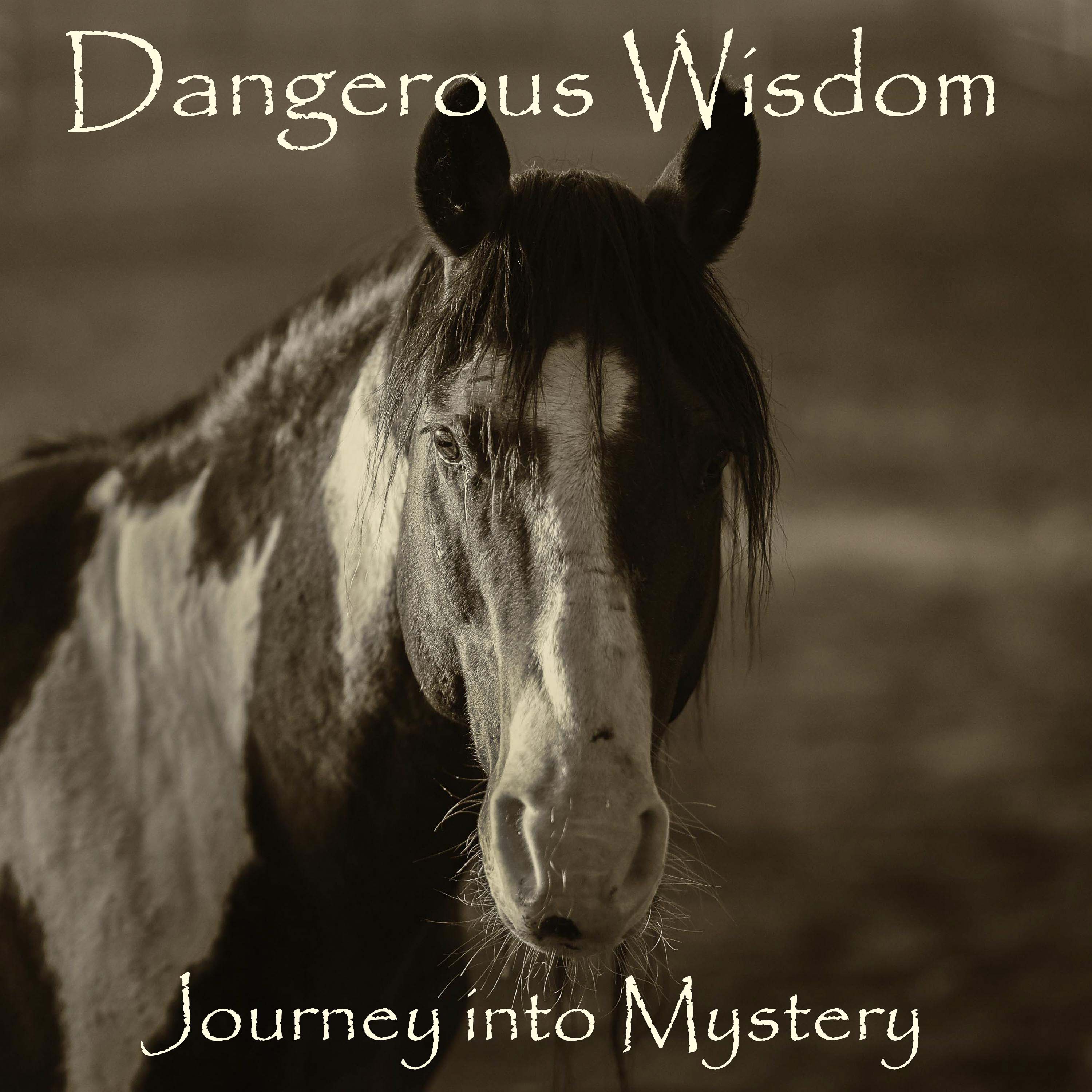The Others and the Interwovenness of Earth and Soul
Description
Picking up our contemplation on the feedback loop of Mind and Nature, we enter into insights and suggestions from Nietzsche and the poet-philosopher-farmer Wendell Berry. These thinkers help us to face some troubling questions:
What are we not likely, or not able, to become conscious of, simply by living in the dominant culture?
What does the culture make likely as our experience?
What does it make likely as our world?
The general answer to the latter question seems to be something degraded, limited, limiting.
The philosophy of the dominant culture encourages the practice and realization of the very things that cut us off from our fuller potentials, and philosophers in the university do little to teach students how to transform. The cultivation of states of anger, greed, aggression, and deceit go altogether with conquest, and this leads to the total breakdown of more empowered and empowering forms of awareness.
We in the dominant culture live in a context that encourages the invisibility of these other forms of awareness, discourages their cultivation, and then encourages and even insists upon their dissolution if they were to somehow arise. How can we transform all of this, for the benefit of the whole community of life?
More Episodes
Is trauma real? In what sense? These questions don't in any way deny the real suffering of people diagnosed with trauma. Instead, they ask how we might take a broader and deeper look at trauma, in order to heal and transcend it. How can we do better in reducing the emergence of traumatizing...
Published 10/31/24
Published 10/31/24
The dominant cultural worldview is based upon extraction and exploitation practices that have brought us to the precipice of social, environmental, and climate collapse. Braiding poetic storytelling, climate justice and deep cultural analyses, and the collective knowledge of Earth-centered...
Published 07/24/24


